Sleep is very important to individuals because that’s the only time our mind and body can rest after working for many hours in a day. Of course, we need a break from reality and the easiest thing to attain relaxation is sleep.
Unfortunately, the number of people who are having insomnia is increasing every year. Insomnia is a sleep disorder in which people have trouble falling asleep or stay asleep. It means they have difficulties falling asleep or staying asleep as long as desired. Because of not having enough sleep at night, they will experience daytime drowsiness, low energy, depressed mood, and irritability.
Lack of sleep in modern society is slowly killing us. According to sleep data, adults must sleep seven or more hours of sleep at night to maintain good health. If you sleep less than seven hours per twenty-four-hour period, it’s called Short Sleep Duration. The short sleep duration survey in the United States last 2014 stated that there are 35.2% of adults slept less than seven hours, most of them are men from 45-54 years old.
Moreover, your health will be at risk due to having Short Sleep. Here are the health risk factors by Short Sleep Duration.
- Obesity – a medical condition in which the excess body fat has accumulated to an extent that it may have a negative effect on health. Possibly, you’ll be overweight.
- Physically Inactive – the person who did not engage in physical activity or exercise during the previous 30 days. Because you don’t have enough sleep at night.
- Current Smoker –a person who is currently smoking cigarettes every day or some days.
- Excessive Alcohol – refers to people who drink too much alcohol or heavy drinker.
Here are the chronic health conditions associated with Short Sleep Duration.
- Heart Attack – a serious medical emergency in which the supply of blood to the heart is suddenly blocked because of the blood clot.
- Coronary Heart Disease – when the arteries that supply blood to heart muscle become hardened and narrowed.
- Stroke –it occurs when a blood vessel that carries oxygen and nutrients to the brain is either blocked by a clot or bursts.
- Asthma – a chronic disease of the airways that makes breathing difficult.
- Cancer – the uncontrolled development of cancerous cells.
- Arthritis – used to describe pain, swelling, and stiffness in a joint or joints.
- Depression – a mood disorder that causes a persistent feeling of sadness and loss of interest so it also can interfere with your daily functioning.
- Chronic Kidney Disease – a type of kidney disease in which there is a gradual loss of kidney function over months or years.
- Diabetes – a disease that occurs when your blood glucose is also called blood sugar, is too high.
Thus, short sleep duration is dangerous to our health, as the sleep data shows changes in the characteristics of the individual physically and emotionally. If you don’t want to belong in this group, try drinking milk before you sleep for it has proven its effectivity. Surely, you will have a better sleep at night with organic cotton pillow sham.
What is Short Sleeper Syndrome (SSS)?
Short Sleeper Syndrome is a sleep condition that is labeled by sleeping for six hours or less each night. According to the study, we should have seven or more hours of sleep during the night to be able to feel rested or energized in the morning. Even if they sleep less at night, they can still function well for it does not need to take a nap or maybe sleep more to be to recover from the lack of sleep. They are different from those individuals who are short sleepers because they limit their sleep.
Sleeping a few hours at night is becoming common to those who have SSS. Its short sleep pattern is the same with weekdays and weekends or holidays. Also, it starts in their childhood or adolescence and sometimes continues to adulthood. The researchers believe that it is due to the mutation of the genes. Its mutation still able the individuals to function properly even if they slept less than 6 hours at night.
Symptoms of Short Sleeper Syndrome
Individuals who have SSS sleep less than six hours each now but they can still perform well the entire day. They don’t need to take a nap or sleep more especially on weekends. Since SSS does not consider as a sleep disorder, perhaps you have a sleep problem so check these lists.
- You feel tired the entire day.
- You need to take at least one nap in a day.
- You have difficulties falling asleep during the night.
- You have a hard time staying asleep throughout the night.
- You often wake up all night.
Whenever you experience these symptoms three times a week, better speak to your doctor to seek advice.
Causes of having Short Sleep Syndrome
Scientific studies show that a person gets Short Sleep Syndrome because of gene mutation. There was a study last 2014 at the University of Pittsburgh that there’s a small percentage that individuals have a short sleep gene. It is compared with the identical twins, one might have the short sleep gene mutation and other twin does not have the mutation.
The twins were asked to do cognitive tasks after sleeping the same sleep duration the night before it. The twin who has short sleep mutation outperformed his twin sibling that does not have the mutation. Its change in the genes lets those people who have mutation think and function well even with a few sleep last night compared to other individuals.
How to diagnose that a person has SSS (Short Sleep Syndrome)?
Your doctor might want you to tell him or her your sleep habits to be able to give an accurate diagnosis. Also, the doctor will ask you to answer the questions found in the Morningness-Eveningness Questionnaire (MEQ). It contains 19 questions about your daily sleep-wake habits that can help you determine your natural tendency to perform your daily activities. Besides, there’s a similar one called Munich Chronotype Questionnaire that is used to classify if you are a morning or night person as it can help evaluate your condition.
The doctor will ask you to record your sleep by having a diary then input the total time you are wake and sleep. Write down the number of times you wake up during the night and the symptoms that you experience during day time like drowsiness or frequent naps. However, to those who have “natural” short sleep syndrome, it does not need more testing or treatment since they don’t have the actual disorder.
If the doctor noticed that you have an unhealthy sleep pattern, there will be a laboratory test called polysomnography. It is usually performed while you are sleeping then the doctor will have an observation. He will record the data in regards to your sleep pattern then check if there are signs of sleep disorder. The doctor will also measure the brain waves, levels of oxygen so also the rate of your heart and breath.
Moreover, you will use an actigraph which is a portable device that can be worn on your ankle or wrist. It can measure the day time and levels of the things you do in a day to determine the total sleep time plus the period that you wake up. The test will last for a week, then the result is used together with the sleep diary of the individual who has SSS.
Sleep habits that you should follow
- You must limit your nap for up to thirty minutes or less.
- Avoid using stimulants such as caffeine and nicotine before going to bed.
- Do not drink alcohol before bedtime. It helps some individuals fall asleep easily but it sometimes leads to interrupted sleep once the alcohol is already in the body.
- Exercise regularly at least thirty minutes per day for 5 days a week for it can improve sleep.
- Don’t eat before going to bed especially those foods that can cause indigestion.
- Try to expose yourself in the natural light every day through sunshine or light therapy.
- Make a nighttime routine which can give you relaxation and consistent sleep time.
- Be sure to have a comfortable sleep environment by having a cool bedroom, no lights coming from the outside to reduce distractions.
There’s no specific treatment needed for those who have Short Sleep Syndrome. The important thing is that you follow the treatment and change the lifestyle into a healthier one in which your doctor recommended to you. It might take time to solve the sleep problems but just stick to the routines to get the best outcome.
Want to write for us and share your expertise? Shoot us a mail at – connect@healthystic.com
This article is published by our independent team of health and wellness pundits that publish original and informative content to empower readers to take charge of their health and embark on a physically, mentally, and emotionally balanced lifestyle.








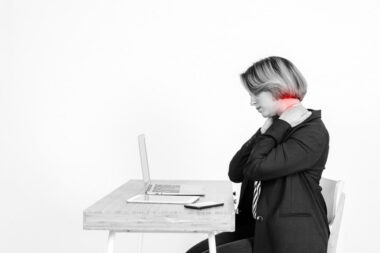

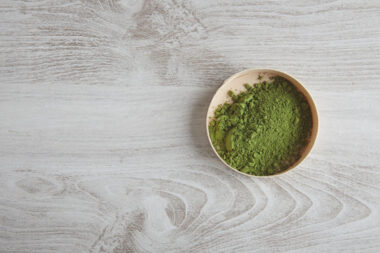




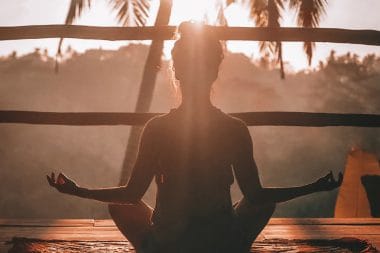

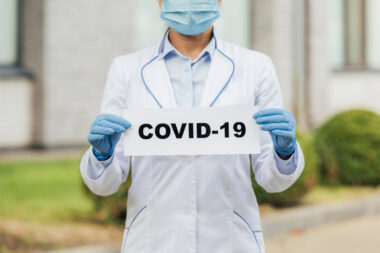










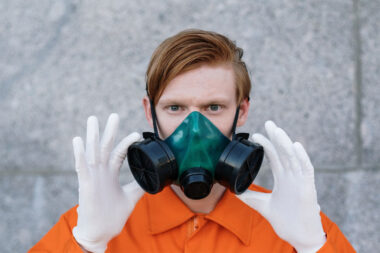
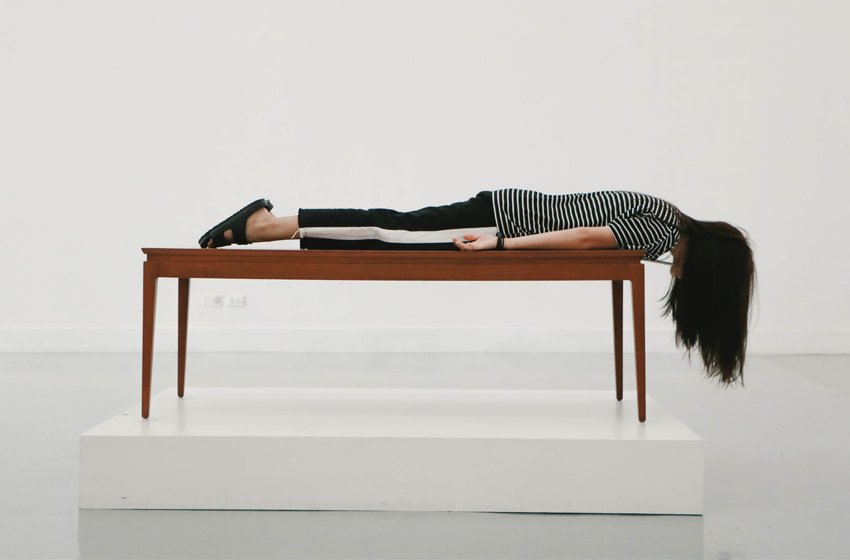









Leave a Reply